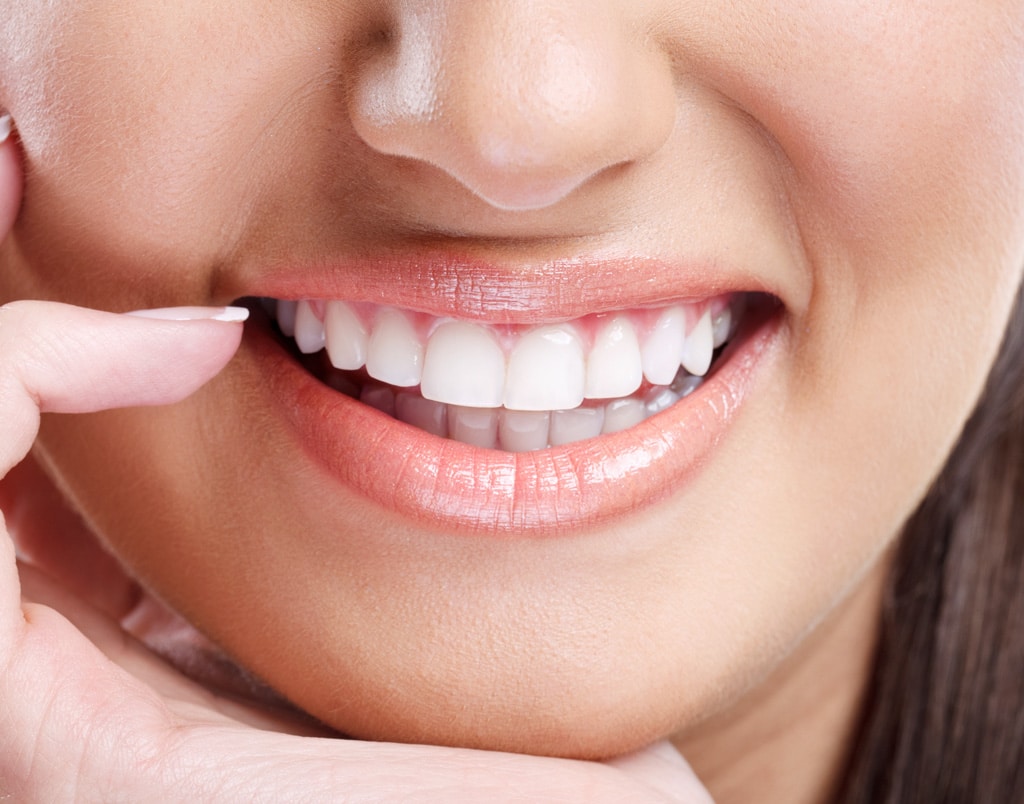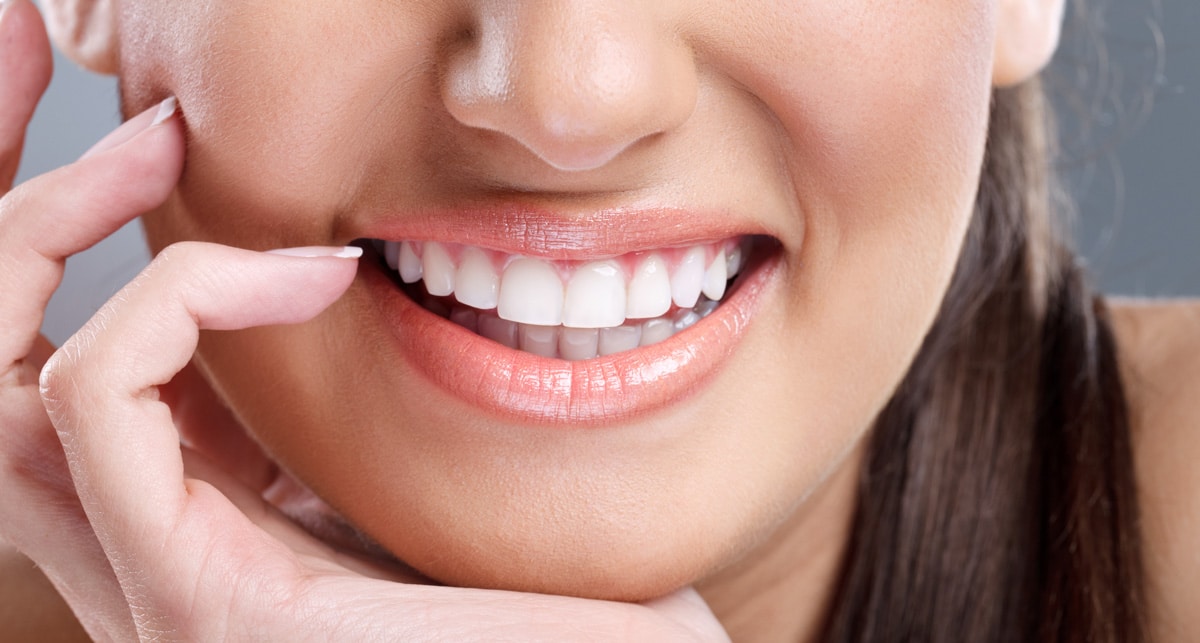Everything You Need to Know About Teeth Whitening

A bright, white smile is a sign of health and vitality. It can improve your confidence and make you feel more attractive. Unfortunately, many things can stain or discolour our teeth, including coffee, tea, wine, tobacco, and ageing. Fortunately, there are many ways to whiten your teeth, from over-the-counter products to professional treatments. In this article, we’ll cover everything you need to know about teeth whitening, including the benefits, types, cost, safety, at-home options, dentist options, alternatives, FAQs, and tips.
Overview of Teeth Whitening
Teeth whitening is a cosmetic dental procedure that involves removing stains and discolouration from the teeth to improve their appearance. It can be done at home or at the dentist’s office.
At-home options include whitening toothpaste, strips, gels, and trays. Professional options include in-office treatments and take-home trays. Teeth whitening works by using a bleaching agent, usually hydrogen peroxide or carbamide peroxide, to break down stains and whiten the enamel.
Benefits of Teeth Whitening
The benefits of teeth whitening include:
- Improved appearance: A brighter, whiter smile can make you look younger, healthier, and more attractive.
- Boosted confidence: When you feel good about your smile, you’re more likely to smile more often and feel more confident in social situations.
- Better oral hygiene: When you invest in your smile, you’re more likely to take better care of your teeth and gums overall.
Types of Teeth Whitening
There are several types of teeth whitening, including:
- Whitening toothpaste: This is the simplest and least expensive option. It contains mild abrasives that remove surface stains but do not bleach the teeth.
- Whitening strips: These are thin, flexible strips that are coated with a whitening gel. You apply them to your teeth for a specified amount of time, usually 30 minutes to an hour.
- Whitening gels: These are clear gels that you apply directly to your teeth using a brush or pen. They contain a bleaching agent that breaks down stains and whitens the enamel.
- Whitening trays: These are custom-made trays that fit over your teeth and are filled with a whitening gel. You wear them for a specified amount of time, usually 30 minutes to an hour.
- In-Practice treatments: These are professional treatments that are done at the dentist’s clinic. They typically involve a higher concentration of bleaching agent and may use special lights or lasers to enhance the whitening process. In-office treatments can provide faster and more dramatic results than at-home options.
- Take-home trays: These are custom-made trays that are filled with a bleaching gel and worn at home for a specified amount of time, usually a few hours a day or overnight. They provide more dramatic results than over-the-counter products but take longer to achieve.
Teeth Whitening Cost
The cost of teeth whitening varies depending on the type of treatment and the provider.
Over-the-counter products like whitening toothpaste and strips are the least expensive, typically costing between £5 and £50. Whitening gels and trays can cost between up to £100, while in-practice treatments can cost anywhere from £350 to £800 or more. Take-home trays from a dentist can cost between £200 and £500.
Teeth Whitening Safety
Teeth whitening is generally safe when done correctly, but there are some risks to be aware of. The most common side effects are temporary tooth sensitivity and gum irritation. These can usually be managed with desensitising toothpaste or a lower concentration of bleaching agent. In rare cases, teeth whitening can cause permanent damage to the enamel or gums. It’s important to follow the instructions carefully and consult with a dentist if you have any concerns.
Teeth Whitening at Home
There are many options for teeth whitening at home, including whitening toothpaste, strips, gels, and trays. These products are convenient and affordable, but they may not provide the same level of results as professional treatments.
It’s important to choose a reputable brand and follow the instructions carefully to avoid damaging your teeth or gums. It’s also a good idea to consult with a dentist before starting any at-home whitening treatment.
Teeth Whitening at the Dentist
Professional teeth whitening at the dentist’s office can provide faster and more dramatic results than at-home options. In-office treatments typically use a higher concentration of bleaching agent and may use special lights or lasers to enhance the whitening process. However, they are more expensive and may require multiple appointments. Take-home trays from a dentist can also provide professional-level results, but they take longer to achieve.
Teeth Whitening Alternatives
If you’re not a candidate for teeth whitening or prefer not to use bleaching agents, there are other options for improving the appearance of your teeth.
These include:
- Dental bonding: This involves applying a tooth-coloured resin to the surface of the teeth to cover stains and discolouration.
- Veneers: These are thin, custom-made shells that are bonded to the front of the teeth to improve their appearance.
- Crowns: These are tooth-shaped caps that are placed over the teeth to improve their appearance and function.
- Microabrasion: This involves removing a thin layer of enamel to improve the appearance of surface stains and discolouration.
FAQs About Teeth Whitening
Here are some frequently asked questions about teeth whitening:
Q: Is teeth whitening safe? A: Teeth whitening is generally safe when done correctly, but there are some risks to be aware of. The most common side effects are temporary tooth sensitivity and gum irritation. It’s important to follow the instructions carefully and consult with a dentist if you have any concerns.
Q: How long does teeth whitening last? A: The results of teeth whitening can vary depending on the type of treatment and your lifestyle habits. Generally, at-home treatments last 6-12 months, while professional treatments can last up to 2 years. Regular touch-ups may be necessary to maintain the results.
Q: Can teeth whitening damage my teeth? A: In rare cases, teeth whitening can cause permanent damage to the enamel or gums. It’s important to follow the instructions carefully and consult with a dentist if you have any concerns.
Teeth Whitening Tips
Here are some tips for getting the best results from teeth whitening:
- Brush and floss regularly to maintain good oral hygiene.
- Avoid foods and drinks that can stain your teeth, such as coffee, tea, and red wine.
- Use a straw when drinking acidic or sugary beverages to minimise contact with your teeth.
- Rinse your mouth with water after eating or drinking to help remove surface stains.
- Follow the instructions carefully when using at-home whitening products. Consult with a dentist before starting any whitening treatment to ensure it’s safe and effective for you.
In conclusion, teeth whitening can be a safe and effective way to improve the appearance of your smile. There are many options available, from over-the-counter products to professional treatments.
It’s important to choose a reputable brand, follow the instructions carefully, and consult with a dentist if you have any concerns. With proper care and maintenance, a bright, white smile can be yours!
Contact our Fulham dentist for any teeth whitening procedure information.
